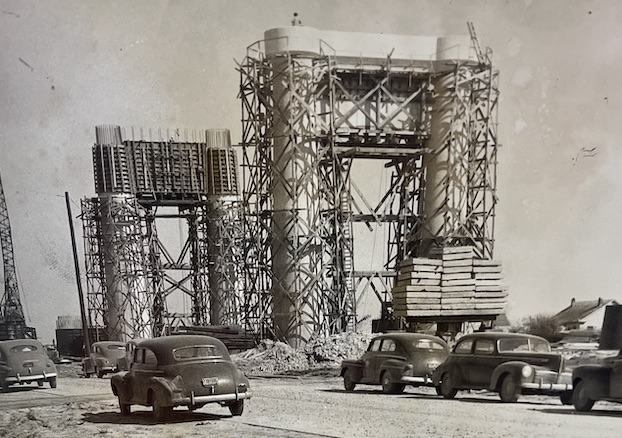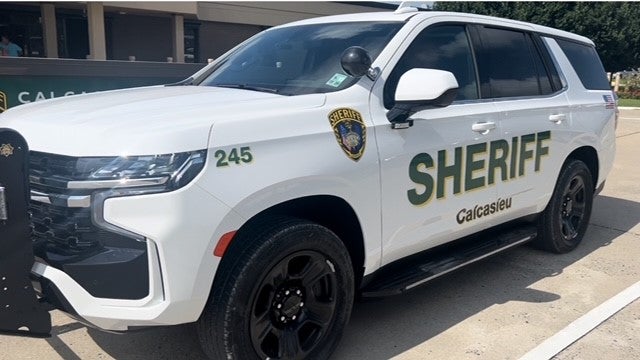Unanimous verdicts before Supreme Court
Published 5:36 pm Wednesday, October 9, 2019
American Press
A Louisiana case involving a former 10-2 jury murder verdict was heard by the U.S. Supreme Court Monday, the first day of its new session. The hearing came after the state’s voters last year by a 64-36 percent margin approved a state constitutional amendment requiring unanimous jury verdicts for defendants in non-capital felony cases.
The amendment said unanimous jury verdicts would only apply to cases after Jan. 1 of this year. The case at the Supreme Court involves a case decided in 2016.
Louisiana approved 9-3 jury verdicts in non-capital felony cases at what has been described as “an openly racist” Louisiana constitutional convention in 1898.
The U.S. Supreme Court got into the split verdict issue in 1972 with a 5-4 decision that said federal non-capital felony cases required unanimous juries but states could have their own rules.
The Advocate said a year after the high court decision delegates to the 1973 state constitutional convention decided to require 10-2 verdicts. That changed after voters supported unanimous verdicts last year.
Those officials who were dubious about last year’s unanimous decision amendment feared cases tried before Jan. 1 this year and those who were charged before then, but not tried, would want new trials or unanimous instead of 10-2 verdicts. Both have happened.
Evangelisto Ramos was convicted of second-degree murder with a 10-2 verdict in 2016. He is now serving a life sentence and filed suit seeking a new trial and a unanimous verdict. Ian Howard of Lafayette has been accused of fatally shooting a Lafayette police officer and wounding three others in 2017. His lawyers say he is entitled to a unanimous verdict when that case is heard.
The U.S. Supreme Court heard arguments in the Ramos case Monday, but its decision isn’t expected until early 2020. In its report on the hearing, The Advocate said all of the justices “left little doubt of their views that the same rules should apply in federal and state criminal trials.”
If that happens, the court would be reversing the high court’s 5-4 decision in 1972 approving split juries in state courts. Some justices indicated Monday they aren’t concerned at the moment about what effect that might have on cases heard or awaiting trial before Jan. 1 this year.
Oregon still has 10-2 verdicts and its cases could also be overturned if the court rules in Ramos’ favor. Legal authorities and defendants in both states will be anxiously awaiting the U.S. Supreme Court’s ruling on this issue.
This editorial was written by a member of the American Press Editorial Board. Its content reflects the collaborative opinion of the Board, whose members include Crystal Stevenson, John Guidroz, Jim Beam and Mike Jones.





